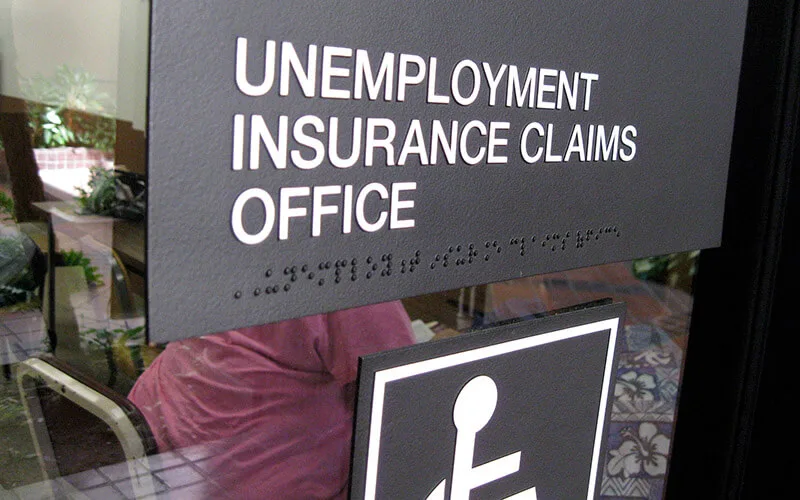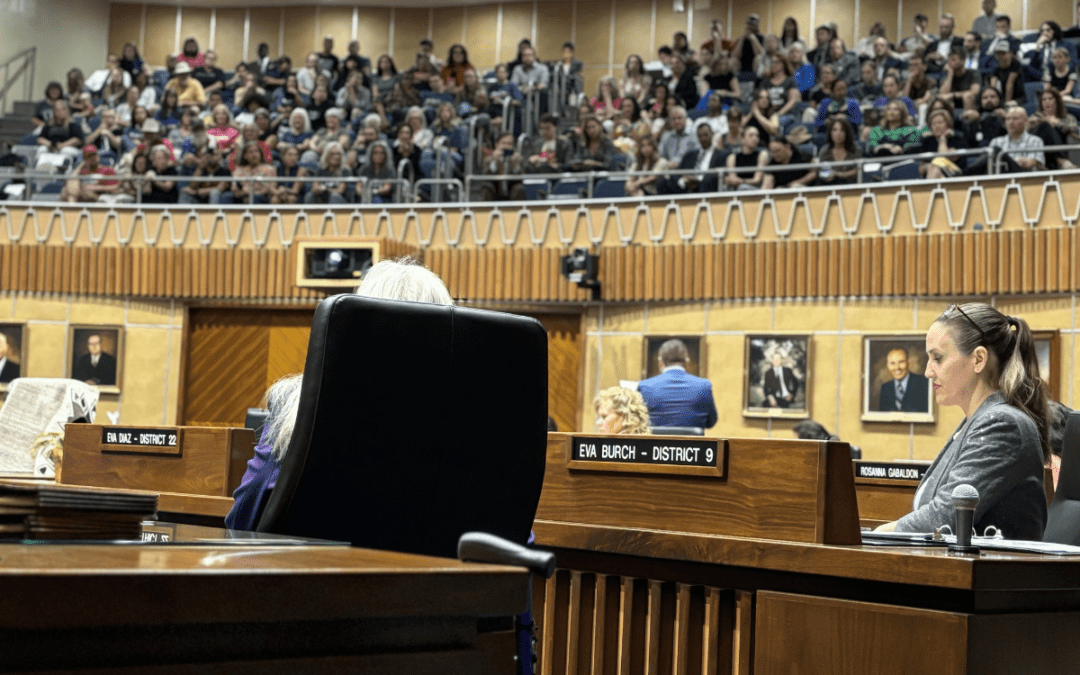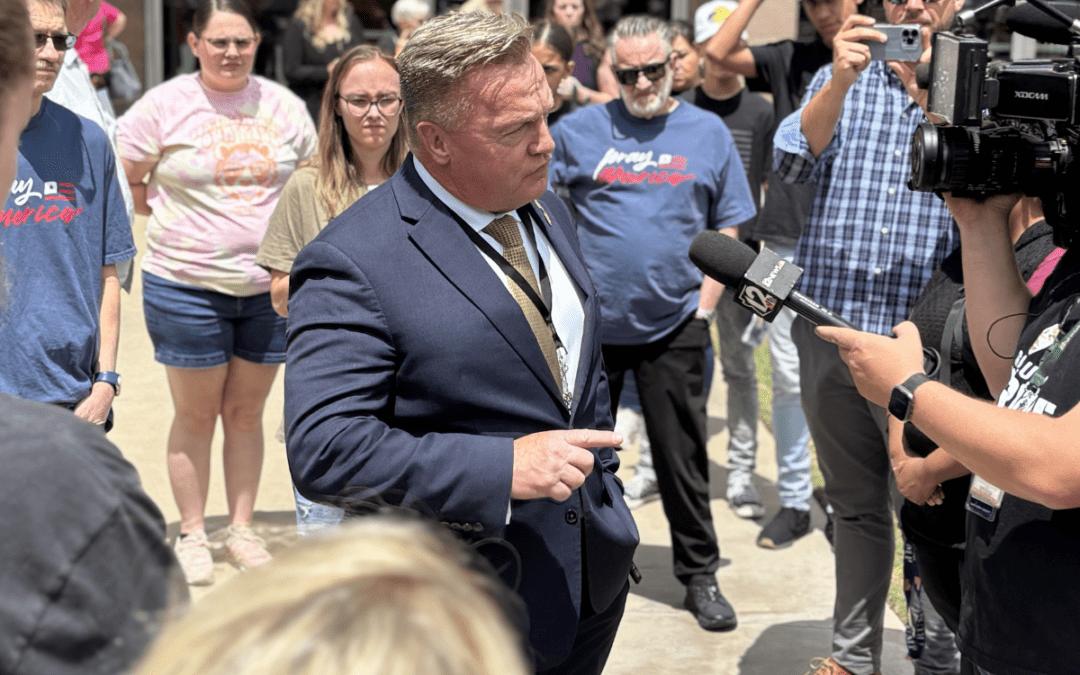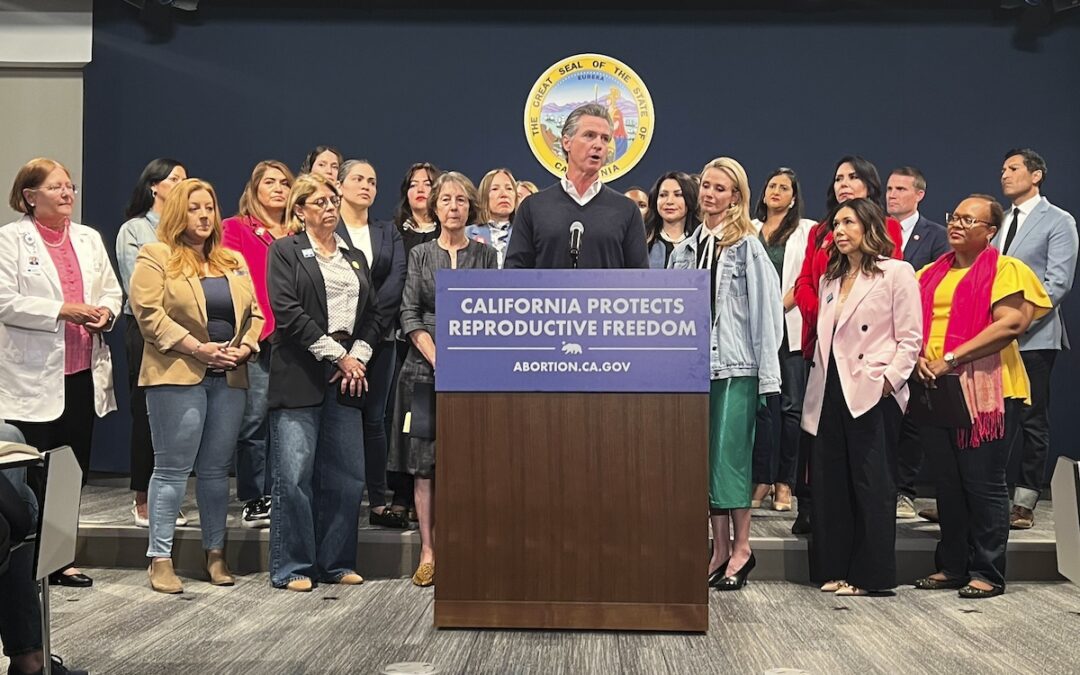
Photo by Bytemarks/Creative Commons
Years of budget cuts and restrictive laws surrounding the state’s unemployment benefits have left Arizonans impacted by the coronavirus with few options.
Out-of-work Arizonans who rely on the state’s unemployment programs have been on a financial roller coaster over the past several months. Some lawmakers believe the problem is due to years of neglect towards the state’s unemployment benefits.
Arizona’s unemployment rate has skyrocketed since the COVID-19 pandemic began, with over 10% of the state’s workforce unemployed as of July. State lawmakers failed to pass an emergency bill in March to make unemployment benefits more accessible, and in the months that followed, out-of-work Arizonans dealt with a slow approval process, a delay in receiving benefits, and, in some instances, a seizure of unemployment wages that had already been distributed.
Part of the issue, according to Rep. Mitzi Epstein (D-Ahwatukee), is years of budget cuts that have left the Arizona Department of Economic Services (DES) unable to take on the influx of applications.
“You reach a point when you’re not just cutting away fat, you’re cutting down through the meat and the bone,” said Epstein.
She said DES staffing has been cut down in the past, and the agency has stalled on making computer improvements.
“They put off all of the maintenance and the improvements that should be done,” Epstein said. “And the huge problem with that is they have lost the opportunity to be more efficient now.”
The state has also implemented a series of strict requirements for those seeking to apply for unemployment insurance, leaving many who attempted to sign up for unemployment unable to do so when the pandemic hit.
The most recent of these changes occurred in 2018, when the Republican-controlled legislature passed a law that required those receiving unemployment to accept any job offered to them where they would be paid at least $288 per week. Rep. Jeff Weninger (R-Chandler) told the Capitol Times at the time that, as a business owner, he objected to the idea that, “the government or employers or everybody has to take care of someone cradle to the grave.”
The law built off of a set of strict rules put into place in 2012 that raised the eligibility requirements for Arizonans to qualify for unemployment assistance. Brenda Barton, a former state lawmaker who is hoping to regain a spot in the legislature this year, supported the 2012 law, which raised the amount someone had to make before losing their job, and only applicants who worked 30 hours per week qualify for benefits.
Barton termed out of her seat in the legislature in 2018, where she served in the state House of Representatives for six years. Since deciding to run for office again, she has been silent on the COVID-19 pandemic and where she stands on loosening restrictions on Arizona’s unemployment laws. However, Barton has received endorsements from the Arizona Free Enterprise Club and the National Federation of Independent Business, both of which have been vocally against expanding unemployment benefits.
The tight restrictions on who qualifies for unemployment in the state led to some Arizonans feeling as if applying for unemployment benefits was its own full-time job.
“It takes at least a week of nonstop calling people to get through to someone,” John S., whose benefits ran out in the fall of last year, told The Copper Courier. He asked not to use his full name for fear of retribution from the DES.
Starcia Harris, a former city bus driver, told The Copper Courier in June, “it’s like an eight-hour job trying to get through.”
Republican lawmakers have also opposed attempts made by local leaders to help those who have experienced hardship as a result of the pandemic. As part of federal aid, municipalities started receiving relief funds to help mitigate the loss of tax revenue brought on by the pandemic, provide coronavirus testing, and to help businesses remain open throughout the crisis.
The distribution of federal aid was met with opposition from several Republicans, including seven who signed onto a letter, demanding that the federal government reverse its decision to provide aid to local governments.
“We believe a bailout of the states would be harmful,” the letter stated. “Doing so would not only increase the federal debt, it would lead to higher taxes and spending at the state level and cause an additional erosion of federalism.”
Arizona lawmakers who supported the pulling of federal aid include:
- Sen. Sylvia Allen (R-Snowflake) of LD6
- Rep. Walt Blackman (R-Snowflake) of LD6
- Sen. Vince Leach (R-SaddleBrooke ) of LD11
- Rep. Bret Roberts (R-Maricopa) of LD11
- Rep. Shawnna Bolick (R-Phoenix) of LD20
- Sen. Rick Gray (R-Peoria) of LD21
- Rep. David Livingston (R-Peoria) of LD22
While her Republican counterparts disagree, Epstein believes the solution to help Arizonans struggling financially due to COVID-19 is legislation fixing the state’s unemployment system and an increased budget for the DES. While the legislature isn’t scheduled to convene until January, Epstein told The Copper Courier that there is legislation already written that would address the state’s beleaguered unemployment system. The state’s lawmakers just need to pass it, which she believes is likely if there is a Democratic majority in the legislature.
“It’s time to fix these things and these budget cuts that have happened year after year after decade after decade,” she said, “that have led us to these triple whammy of problems with the pandemic and the economy.”
Politics

Democrats successfully force vote on repealing 1864 abortion ban, passes House
The Arizona legislature moved forward two bills Wednesday that would repeal the state’s 1864 abortion ban. A bill to repeal the ban has been...

State Official: 1864 abortion ban gives Arizona ‘black eye’
Arizona’s role at the forefront of the climate crisis, defending democratic elections, and protecting reproductive rights has caught the attention...
Local News

Arizona Sens. Anthony Kern, Jake Hoffman, indicted for fake election scheme
Eighteen individuals involved in a conspiracy to overturn Arizona’s election results in 2020 were indicted by a grand jury Wednesday and charged...

Gov. Gavin Newsom wants to let Arizona doctors provide abortions in California
California law generally allows abortion up to the point of fetal viability, which is around 24 weeks. SACRAMENTO, Calif. (AP) — Arizona doctors...




